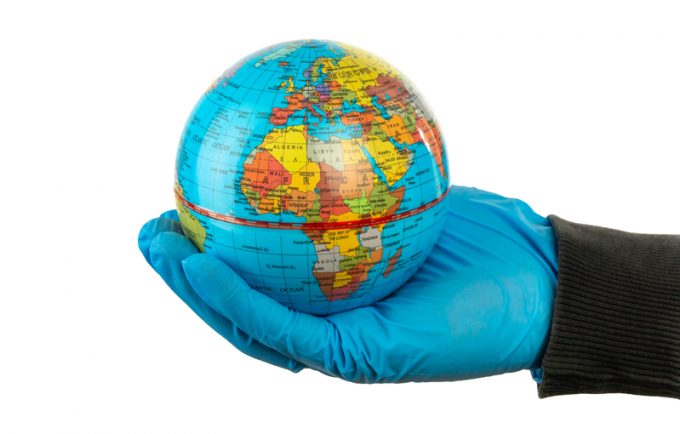Logistics in 2023: sourcing shifts and higher prices on the cards
More than one-third of logistics companies will increase their prices this year, owing to high ...

The damage to emerging markets from Covid-19 has been laid bare in the latest Agility Emerging Markets Logistics Index – but open trade policies and other factors will be key to recovery in the medium term.
The top 50 countries in the index, published by Agility in partnership with Transport Intelligence, were expected to see an average GDP decline of 6.5% in 2020 – significantly worse than the 2008/9 recession that led to average GDP expansion of 1.8% in 2009, followed by growth of 6.1% in 2010.
Few markets have emerged unscathed, notes the report: Indonesia entered its first recession since the Asian financial crisis of 1998; Malaysia is witnessing its sharpest contraction since then; Ghana has entered its first recession in over four decades.
And recovery will be dependent on global demand.
“Many of these countries, especially in Asia, have become more balanced in recent years as consumer spending has become a growth engine alongside exports. But their ability to rebound from the pandemic is likely to be closely tied to demand from North America, China and Europe,” notes the report.
“A handful of emerging markets countries, particularly China and Vietnam, look to be emerging from the early pandemic downturn in positions of strength. Both will show GDP gains in 2020, although their economic growth slowed as a result of Covid-19.”
China remains in first place – but Vietnam has been a fast-mover, jumping three places to eighth, benefiting from foreign investment, cost advantages over neighbouring countries and proximity to supply networks, making it a popular manufacturing location.
At the other end of the scale, long-suffering Argentina and Lebanon have struggled with “multiple, overlapping crises”.
The report notes that diversification has been a noticeable factor among those weathering the storm well.
Moving into 2021, it says, the Covid-19 pandemic will continue to generate uncertainty, meaning recovery will be uneven.
“A market’s ability to contain Covid-19 and bring manufacturing, retail spending and logistics activity back to pre-pandemic levels is not the sole factor in the strength of its 2021 index performance.
“Vietnam and China met all of those criteria and performed well. However, countries such as India and Mexico still recorded strong overall index scores, despite high infection rates and halting efforts to contain the spread of Covid-19. This is because, while the immediate and medium-term impact of the pandemic can be severe, structural advantages, long-term investment and deep integration into global value and supply chains have provided those countries with enough resilience to preserve performance.”
Covid-19 and responses to it will not be the only determinants of success in developing countries, adds the report.
“The shift to online retail and acceleration of digital commerce, the effects of US-China trade friction and the renewed spread of protectionism will all weigh on global value and supply chains, as will domestic policies and regulatory environments.
“Over the medium term, index survey respondents indicated, the markets that perform best will be those most able to preserve open trade policies, improve their business and regulatory environments, develop physical and digital infrastructure and attract FDI.”
Comment on this article